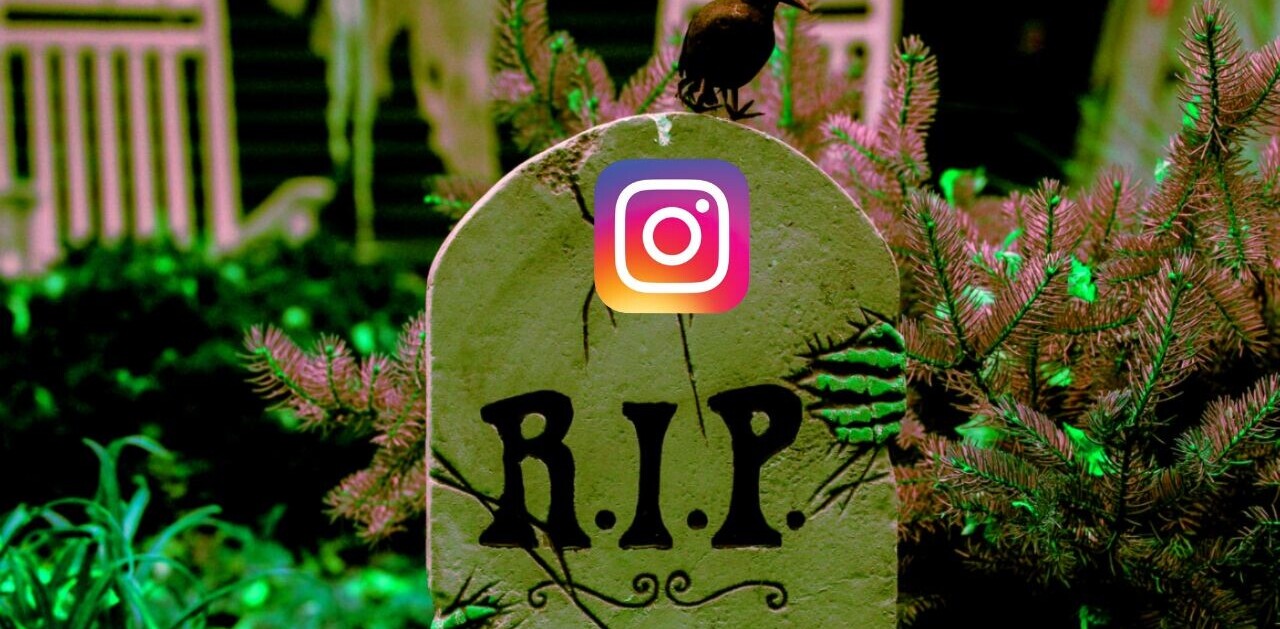
We first covered Fruux way, way back in 2008, when it was just a “small and convenient system preference pane, that syncs your Address Book between different Macs.”
At the time, we called Fruux a (free) alternative to MobileMe, and it seemed Apple agreed…and thus refused to feature it as a software download. Of course, Apple recently shuttered MobileMe as it looks to migrate its users over to iCloud, but that’s another story.
A hell of a lot has happened at Fruux Towers since then, and what we have now is a completely different product. Indeed, Fruux is no longer an installable app – since early this year the company has moved from its proprietary Mac application to a new all-encompassing technology, which is based on two internet standards CalDAV and CardDAV.
These protocols are supported natively by many devices and apps (though not Android), thus Fruux works out of the box and is as easy as setting up an email account.
The basic underlying premise remains the same though – it’s all about centralization and synchronization of your contacts, calendars and tasks. It can sync across OS X 5 through to 8, whilst also caters for SOHO Organizer, Thunderbird, Evolution, Outlook 2007 and 2010, iOS, Nokia N9 and Android (though only with third-party plug-ins.)

That’s Fruux in a nutshell. But from today, the company’s moving forward in its quest to become “the last address book and calendar you’ll ever need” – built on open standards, with no platform lock-in and fully collaborative.
Fruux updates
The CalDAV component enables calendar-sharing in the new incarnation, which allows users to invite others into an existing calendar, and set individual permissions for each person, be it read-only or read and edit. Given we’re also talking about synchronization here, each person’s changes are synced across all calendars.


If the person isn’t using Fruux, they instead receive an email offering a way to sign up and accept the share.
“We’ve made sure that we’re building everything in a fully CalDAV compliant way,” explains Dominik Tobschall, co-founder at Fruux. “So even if your client, for example Thunderbird with Lightning, or any other CalDAV client, has no support for the invite-handling itself, shared calendars will work in every CalDAV compatible client we’re already supporting.”
So we’re not talking about separate apps here, this operates within your existing apps and buzzes away in the background.
The sharing feature will be supported as part of new Pro accounts which launch today, though we’re told that free users will be given some access to sharing in later releases.
Today heralds a soft launch of the Pro Fruux product, and the plan is to continue to extend this regularly. Also coming soon, is ‘Team’ accounts, which will get an additional layer for user/group management, for example global calendars and address books, but that’s still a bit further down the road.
The Basic (free) plan gets you: Unlimited contacts/calendars/tasks, and allows you to connect up to three devices. The Pro account, costing $4/month, gets you all of the Basic features, plus: Calendar sharing, up to ten devices, more frequent feature updates and premium support.
In addition, ‘Import’ support has been added to the Web app, allowing users to import their data into fruux, independent from the client applications they use. “Some (of the clients) are not really good at importing, so we’ve moved that task to the Web app,” explains Tobschall.

The only minor sting in the tail here, for me at least, is that Google’s Android doesn’t natively support CardDAV/CalDAV, something that Fruux can do little about (obviously) other than guide users towards third-party plugins (which it does). However, Tobschall says he’s confident that Google will include support for these protocols soon.
➤ Fruux
Get the TNW newsletter
Get the most important tech news in your inbox each week.





